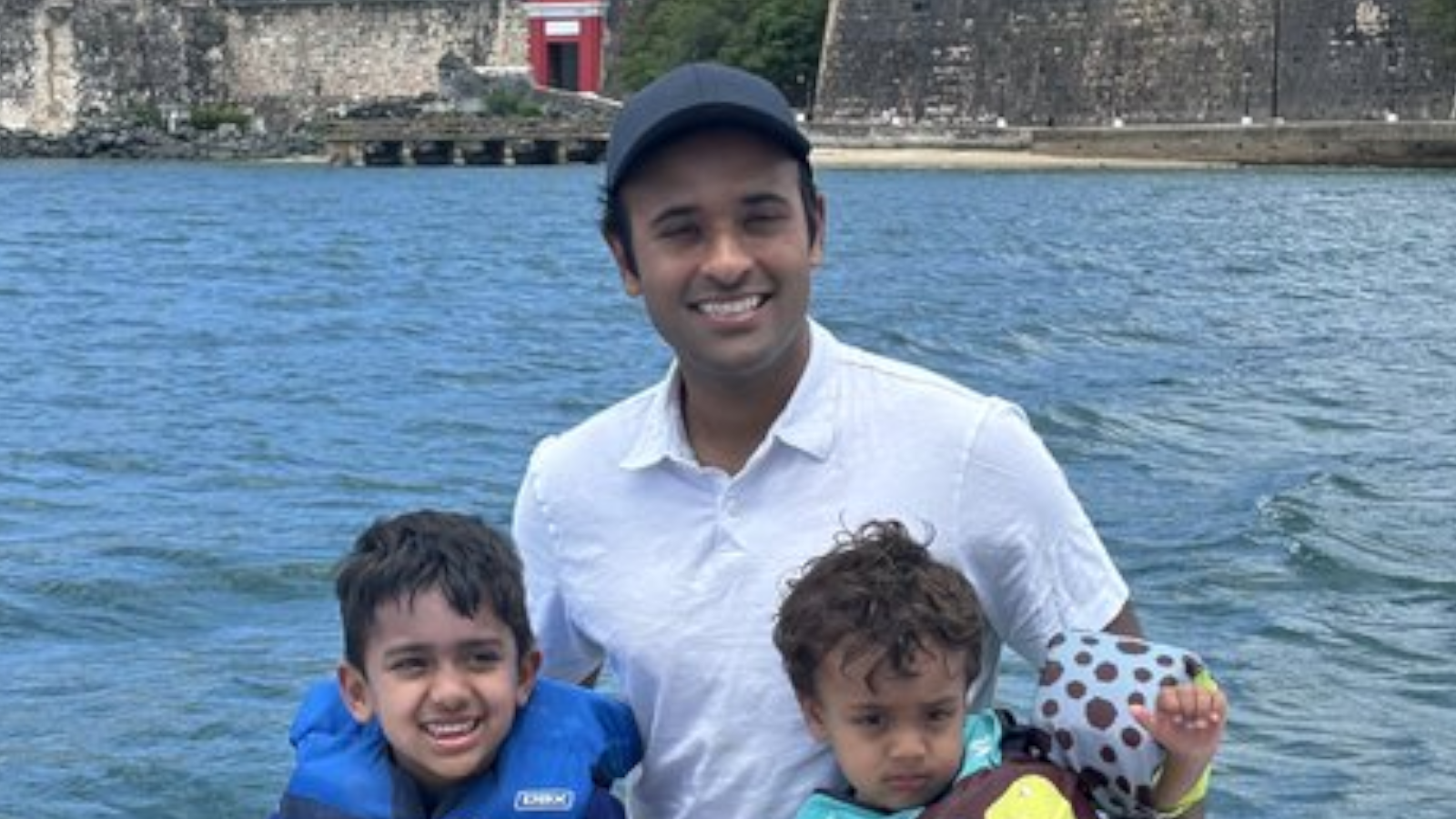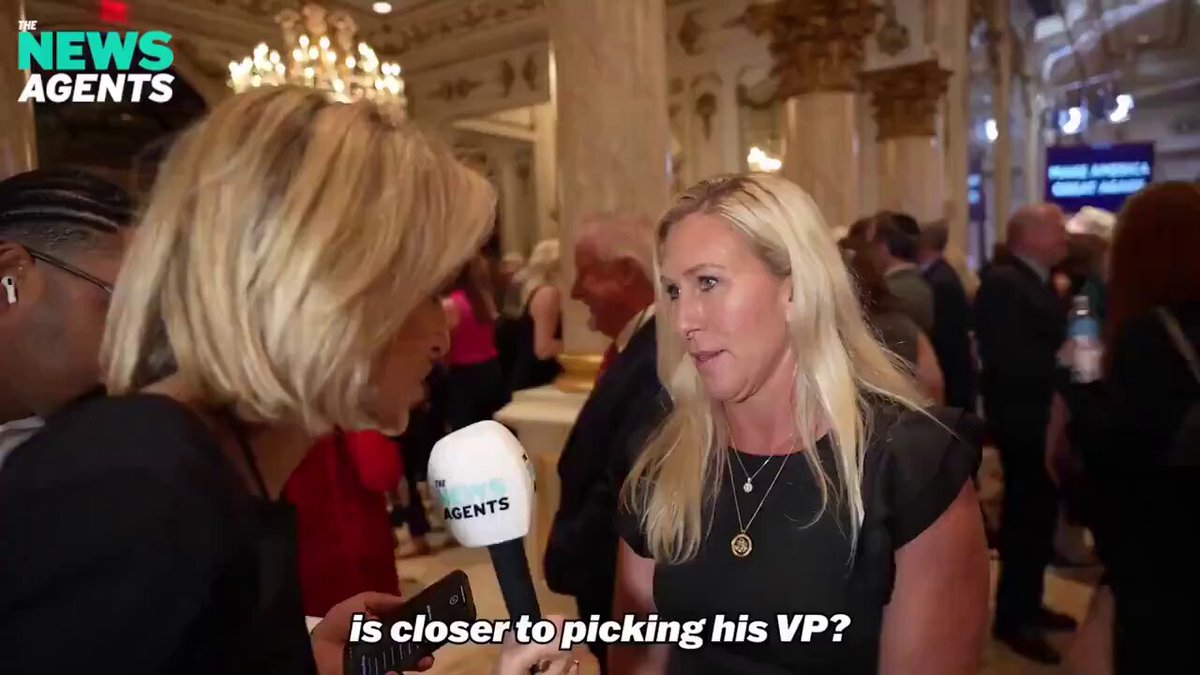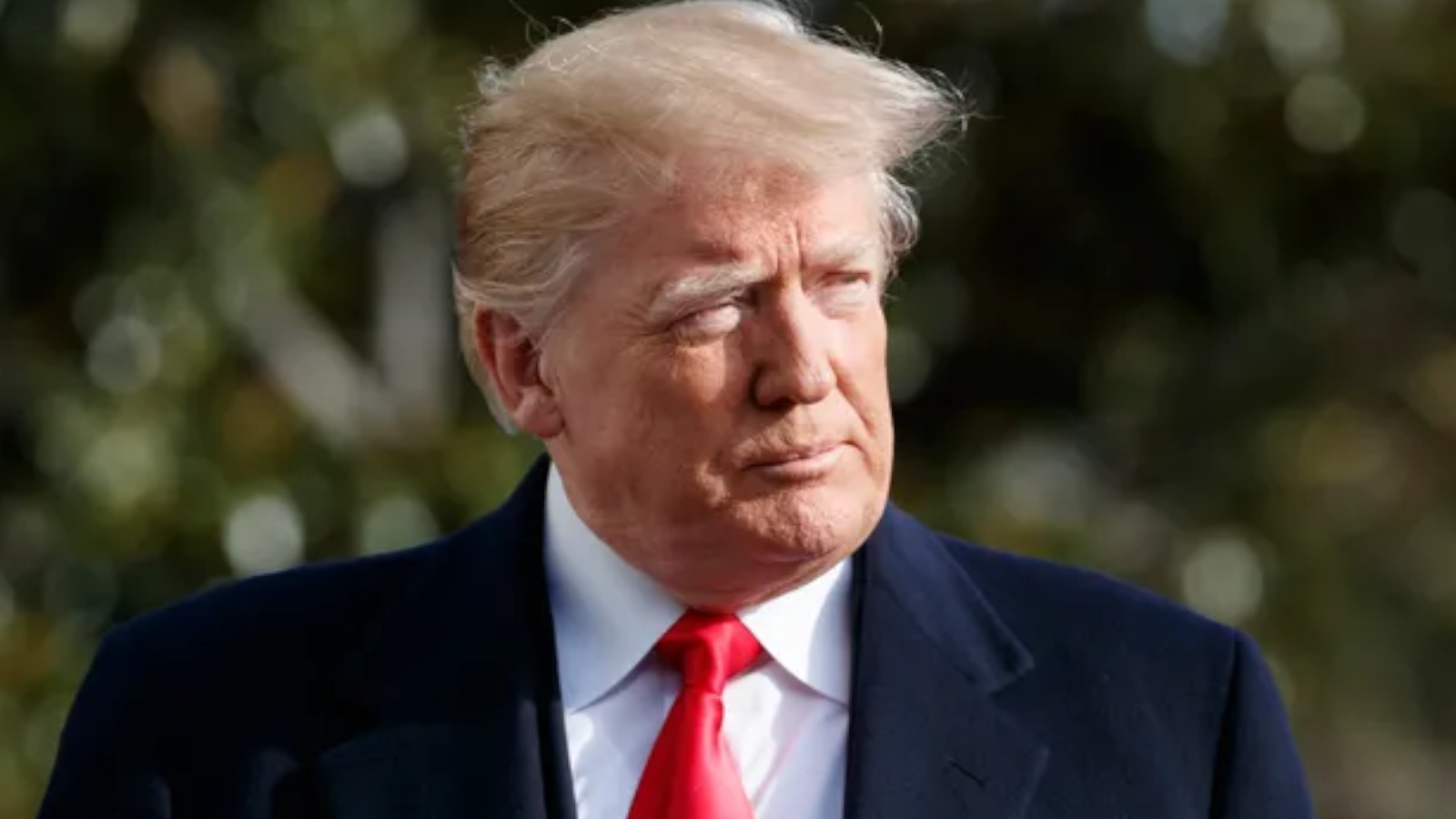Vivek Ramaswamy, a rising star in conservative circles and a vocal advocate for election integrity, recently took to social media to share his observations from a visit to Puerto Rico, highlighting the island’s voting practices.
In his message, Ramaswamy points out several measures Puerto Rico employs to ensure the security and fairness of its elections.
These measures include making Election Day a public holiday, requiring government-issued ID to vote, using paper ballots, dyeing voters’ fingers to prevent double voting, and requiring voters to reactivate their registration if they skip an election cycle.
Such practices, Ramaswamy notes, are “basic election integrity measures” that contribute to the trustworthiness of the electoral process.
Puerto Rico’s Example
Puerto Rico’s approach to elections offers a compelling model that contrasts sharply with the more contentious and divisive voting practices seen in parts of the mainland United States.
The island’s methods are designed to balance accessibility with security, ensuring that while voting is made easy and inclusive, it also remains secure and free from fraud.
The dyeing of fingers, in particular, is a visual and effective way to prevent individuals from voting more than once, a simple yet powerful deterrent against fraud.
Implications for Mainland U.S. Elections
Ramaswamy’s observations come at a time when election integrity is a hot-button issue in the United States.
The 2020 presidential election and subsequent contests have seen widespread debate over voting practices, including mail-in voting, voter ID laws, and the security of electronic voting systems.
By highlighting Puerto Rico’s practices, Ramaswamy is implicitly suggesting that the mainland U.S.
could benefit from adopting similar measures to strengthen confidence in its elections.
Ramaswamy’s praise for Puerto Rico’s election practices aligns with former President Donald Trump’s and the MAGA movement’s calls for greater election integrity in the United States.
Trump and his supporters have consistently advocated for reforms they believe would secure the electoral process, including stricter voter ID laws and the reduction of mail-in voting.
Ramaswamy’s observations lend support to this perspective, suggesting that straightforward, practical measures can significantly enhance election security and voter confidence.
Critique of Opponents
By showcasing Puerto Rico’s voting system, Ramaswamy indirectly critiques those in the political sphere who resist similar measures on the mainland.
Critics of stricter election integrity laws, including many Democrats and their allies, argue that such measures could suppress voter turnout or discriminate against certain voter demographics.
However, Ramaswamy’s account of Puerto Rico’s system challenges this narrative, indicating that it’s possible to implement strict voting measures without disenfranchising voters, thus ensuring a secure and fair electoral process.
Conclusion
Vivek Ramaswamy’s insights into Puerto Rico’s election practices shed light on a model of voting that balances ease of access with stringent security measures.
His observations resonate with the concerns of the MAGA movement and its emphasis on election integrity, offering a tangible example of how the United States might address its own electoral challenges.
As America continues to debate the future of its voting laws, Puerto Rico’s approach stands as a testament to the feasibility of securing elections while maintaining high voter participation, a goal that supporters of Trump and advocates of election reform can rally behind.



